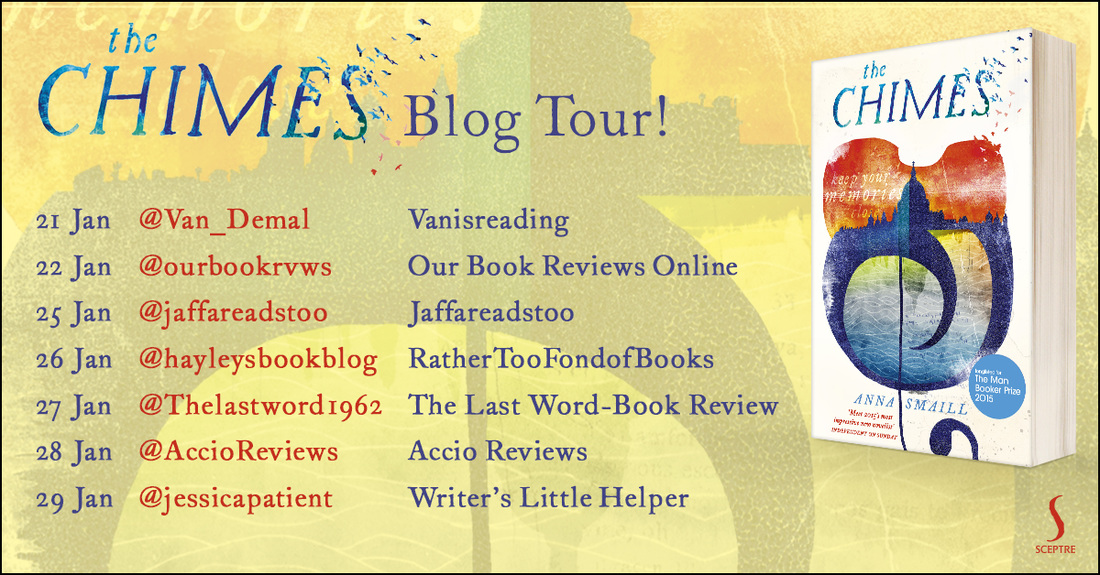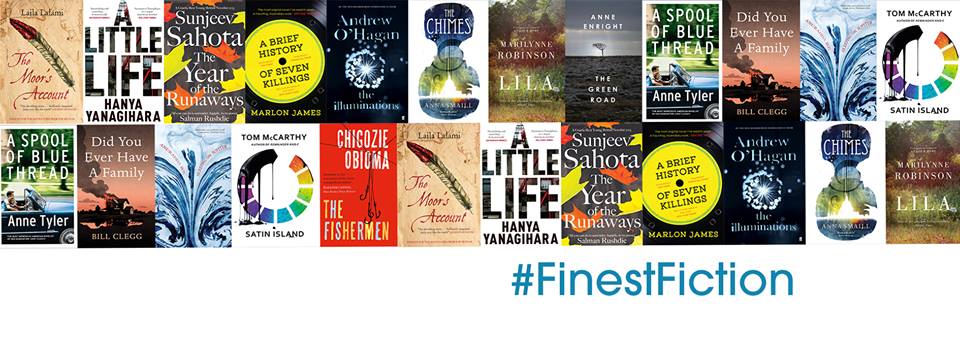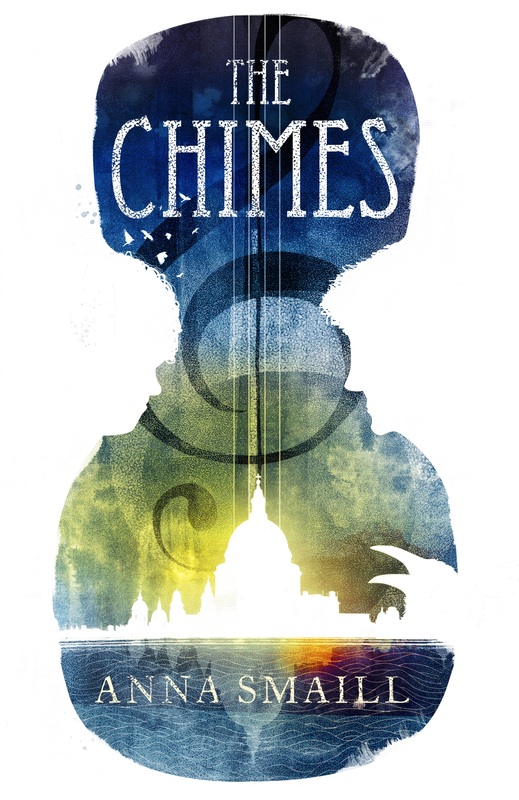I am (as the kids say) doing a blog tour. Several lovely book bloggers have agreed to host me on their sites to coincide with the paperback release of The Chimes. There will be assorted reviews, articles, Q & As, and book giveaways. Please drop in and say hello, then stick around for tea and cake and book discussion.
Here are the stops for the tour, with links:
21 Jan Vanisreading
22 Jan Our Book Reviews Online
25 Jan Jaffareadstoo
26 Jan RatherTooFondofBooks
27 Jan The Last Word Book Review
28 Jan Accio Reviews
29 Jan Writer's Little Helper
Here are the stops for the tour, with links:
21 Jan Vanisreading
22 Jan Our Book Reviews Online
25 Jan Jaffareadstoo
26 Jan RatherTooFondofBooks
27 Jan The Last Word Book Review
28 Jan Accio Reviews
29 Jan Writer's Little Helper




 RSS Feed
RSS Feed